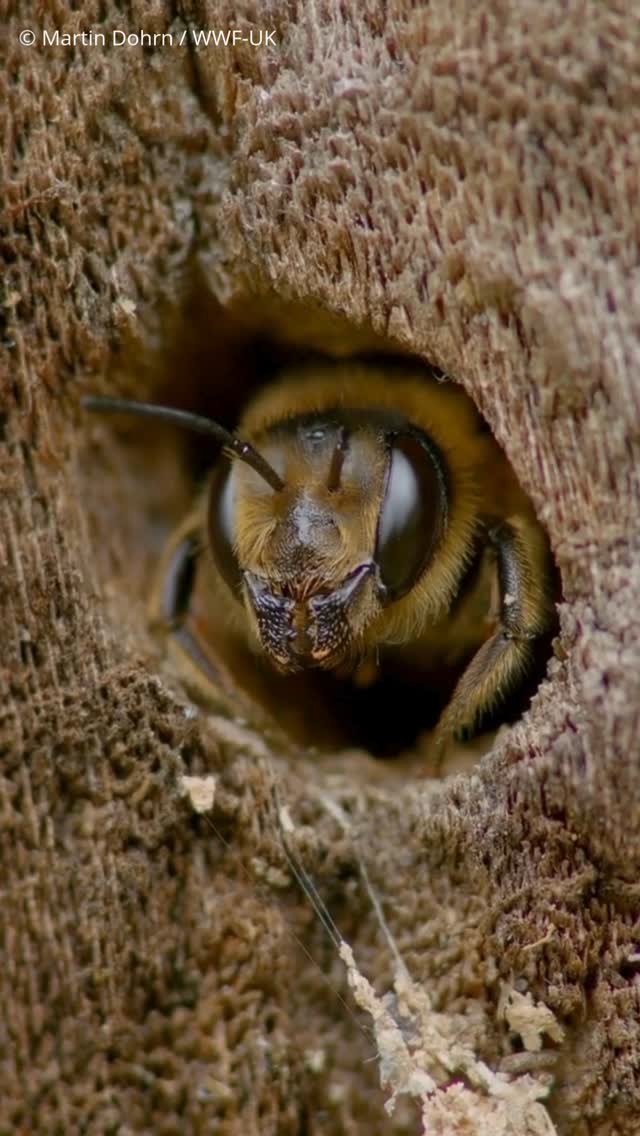- Pollinators play a crucial role in the global food supply, supporting agriculture and biodiversity.
- The decline in pollinator populations is alarming and presents significant challenges to food security and ecosystems.
- Various factors contribute to this decline, including habitat loss, pesticides, climate change, and disease.
- Conservation efforts are essential, focusing on sustainable agricultural practices and habitat preservation.
- Educating the public and fostering policies to protect pollinators can mitigate future risks to food systems.
Pollinators are indispensable allies in agriculture and biodiversity, influencing everything from crops in fields to plants in natural ecosystems. An astonishing fact is that one out of every three bites of food you consume depends on these small yet significant creatures. They form a vital part of the chain that sustains human life and ecological balance. Their role isn’t an ancillary one but a primary support in both food production and maintaining the natural world. Bees, butterflies, bats, birds, and even some small mammals and insects tirelessly work to fertilize plants, ensuring plant reproduction and food provision.
The global decline of pollinator populations is a genuine concern. The dwindling numbers directly impact agriculture and governmental efforts to sustain food production for growing populations. Without adequate pollination, many plants cannot bear the fruits or seeds necessary for crop yield, leading to reduced food availability and increased prices. Crops such as fruits, nuts, and vegetables depend heavily on animal pollinators. Moreover, the relationship between plants and pollinators sustains rich biodiversity, providing essential resources for wildlife and human societies alike.
The decline in pollinator numbers is troubling, driven by several interacting threats. Habitat loss is a major factor as modern agriculture’s land-use changes eliminate the natural environments that pollinators need for nesting and foraging. Urbanization adds to this stress, fragmenting landscapes and reducing the wild spaces available for pollinators to thrive. Additionally, pesticide use can be particularly devastating. While meant to protect crops, these chemicals often harm beneficial insects indiscriminately, reducing pollinator populations significantly.
Climate change introduces additional stress, impacting food systems reliant on pollination. Changes in temperature and precipitation can disrupt the timing of flowering and the life cycles of pollinators, leading to mismatches between plants and their pollinators. In addition to these challenges, pollinators face threats from diseases and parasites, such as the notorious varroa mite affecting honeybees. This problematic mite compromises bee health, weakening colonies and making them more susceptible to other threats.
The protection and conservation of pollinators are critical endeavors. Sustainable agricultural practices can alleviate some pressures pollinators face. By fostering environments that support pollinator populations, such as integrating diverse planting and avoiding harmful pesticides, we can make strides in conservation. Restoration and preservation of natural habitats are equally important. Encouraging the growth of wildflowers and maintaining hedgerows can offer safe havens for pollinating species.
Public education is another important conservation strategy. As awareness grows regarding the essential role of pollinators, society can develop and support more pollinator-friendly policies. Backyard gardens, urban green spaces, and community programs highlighting pollinators contribute significantly to conservation efforts. Recognizing the interconnectedness of ecosystems, governments, organizations, and individuals can work collaboratively to protect these vital species.
By understanding and supporting pollinator populations, we take an essential step toward securing food systems and conserving biodiversity. Encouraging policies that reduce habitat destruction, control pesticide use, and support research into pollinator health can have beneficial impacts. Collective efforts, from individuals to international organizations, are crucial in safeguarding these tiny architects of our global ecosystem. The future of our food systems hinges on protecting and nurturing pollinators—a task requiring immediate and sustained action for the resilience of our environment and society.
*****
Source Description
Did you know? One out of every three bites of food you take depends on pollinators.
These tiny-but-mighty animals are vital to our survival – maintaining our life-sustaining food systems.
💚 Double tap to show support for the incredible life on the planet!


